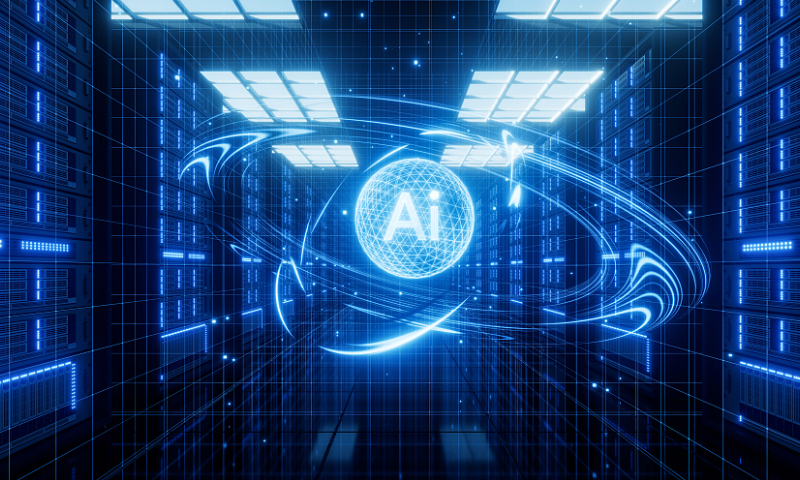
AI Photo: VCG
Four Chinese government departments including the Ministry of Industry and Information Technology (MIIT) and the National Development and Reform Commission have unveiled a guideline to accelerate the standardized system construction of the artificial intelligent (AI) industry, the MIIT said on Tuesday via its official Wechat account.
Chinese experts said that the formulation and implementation of this guideline signify the great importance the country attaches to the development of the AI industry, considering it a crucial engine for promoting high-quality economic development.
Starting from the current state of industrial development, this guideline also systematically provides details on the structure and framework of the AI standards system as well as its applications, providing comprehensive guidance for the industry's development, experts said.
According to the MIIT, by 2026, the country will have formulated more than 50 new standards at national and industrial levels, and the standard system leading the high-quality development of the AI industry will be accelerated.
By then, more than 1,000 enterprises will carry out the promotion and implementation of the standardized system, with the effectiveness of standard services for enterprise innovations and development becoming more prominent, said the ministry.
In addition, the country will participate in the formulation of more than 20 international standards and promote the globalization of the AI industry, read the guideline.
China has made great progress in AI development. At present, the scale of China's core AI has exceeded 500 billion yuan ($68.76 billion), and the number of related enterprises has exceeded 4,300. By 2035, the scale of the country's AI sector will reach 1.73 trillion yuan, with a global share of 30.6 percent, according to media outlets.
"Despite the rapid development, the current standard system lags behind, and fails to fully meet the high-quality development needs of the AI industry. This guideline addresses this gap by constructing a comprehensive standard system," Wang Peng, an associate research fellow at the Beijing Academy of Social Sciences, told the Global Times on Tuesday.
The guideline noted the importance for the domestic AI industry to be application-oriented. The industry should focus on market needs, which include deepening the integration of AI technology with other key industries while speeding up industrial upgrading and intelligent transformation, Wang said.
Specifically, the notice mentioned innovation-driven approaches, stressing the need for integrating scientific and technological innovation closely with standardization in order to accelerate the transformation of scientific achievements into industrial standards, Wang said.
As the guideline noted, it is important to encourage international standardization exchanges and cooperation, and promote Chinese standards globally while strengthening China's discourse power and influence in global AI governance, the expert said.
According to a development plan for new-generation AI, China aims to become the world's major AI innovation center by 2030, with the scale of its AI core industry exceeding 1 trillion yuan, and the scale of related industries exceeding 10 trillion yuan.
China has introduced policies in terms of scientific and technological research and development, application promotion and industrial development, to solve major application and industrialization problems related to AI.
Many local governments are accelerating the integration of innovation resources to promote the development of AI technology and related industries.
For instance, Shanghai is promoting the high-quality development of the AI industry and fostering an ecology for large-model innovation. More than 20 AI large models have passed local government audits, according to the Xinhua News Agency.
Global Times




